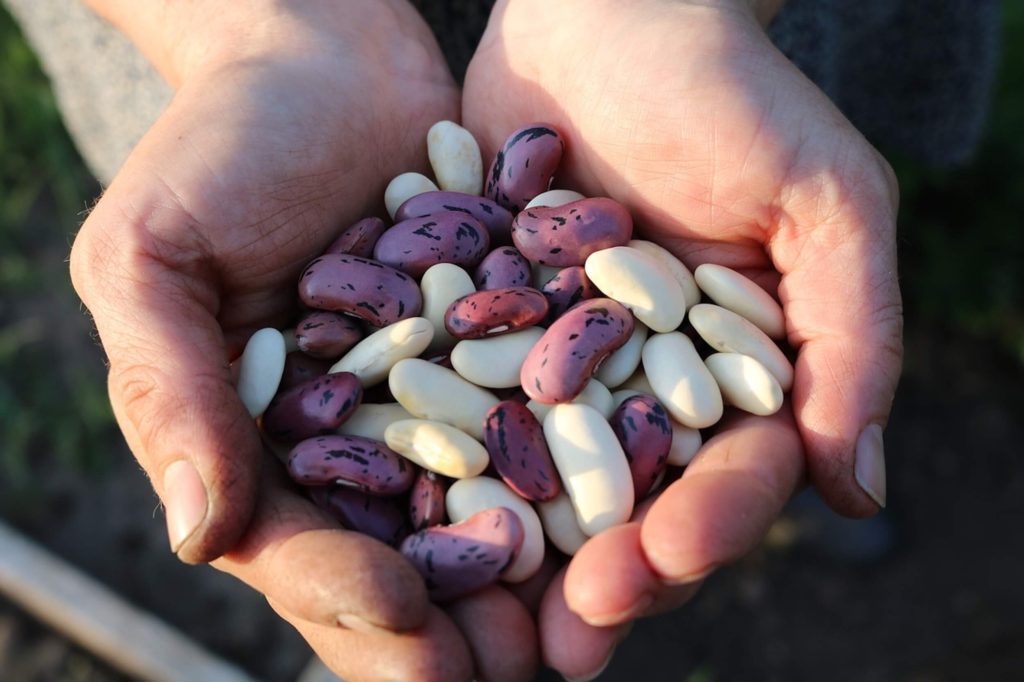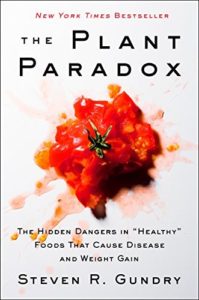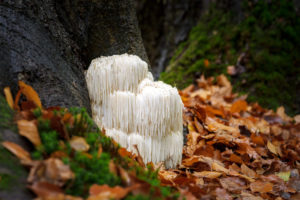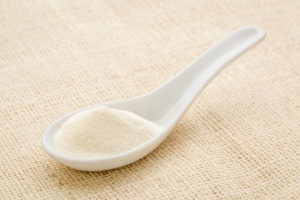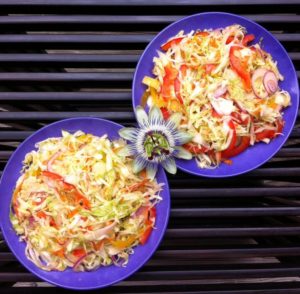There’s a new enemy at hand in the health world, threatening the health of millions. It’s not gluten, fat, or dairy… it’s lectins. And if you believe what’s being said about them, you may end up poisoning yourself if you’re not careful with your diet.
WHAT ARE LECTINS?
Lectins are real. They’re proteins that are present throughout nature (in both plants and animals) and they’re found in about 30 percent of the food we eat. In the body, they cause cells to stick together, so they are labeled by scientists as ‘agglutinins’. We’ll call it ‘stickiness’.
They can be found in beans, grains, fruit, spices, dry cereals, nuts, and more. Again, they are quite prevalent in diets around the world. You’ve probably eaten a fair amount of lectins today already, in fact.
So, what would be the problem with that?
WHAT ARE THE DANGERS?
If the health writers of the internet can be believed, lectins are responsible for some of the most prevalent health issues plaguing the world today: obesity, inflammation, heart disease, irritable bowel syndrome, and rheumatoid arthritis. Some bloggers also claim that the gut problems caused by lectins can lead to autoimmune disease.
Some lectins are so hard to digest that they pass through the digestive system largely unchanged, entering our circulatory systems, where they wreak havoc with health.
Eliminating lectin-containing food from your diet, therefore, could result in a long list of health benefits, according to those who’ve joined the anti-lectin movement.
IS THIS A FAD?
Unless you stay current with health news, you may not know that going ‘lectin-free’ is the new ‘gluten-free’. It’s a movement that’s gaining ground quickly, but there’s a lot of misinformation out there.
“The Plant Paradox: The Hidden Dangers in “Healthy” Foods That Cause Disease and Weight Gain”
If you were to plot worldwide interest in lectins, you’d see a noticeable spike in interest beginning within the last year:
If we could point to a single source of this recent lectin obsession, it would Dr. Steven Gundry and his book, The Plant Paradox: The Hidden Dangers in ‘Healthy’ Food That Cause Disease and Weight Gain’. It was published April 2017, smack dab in the center of that trend spike.
In his lectin-bashing book, Dr. Gundry explains that lectins are ‘antinutrients’. They bind to cells in your intestinal wall making it difficult for that wall to do its job (absorbing nutrients). This sets off an imbalance with your gut microbes. That, says Dr. Gundry, can lead to heart disease.
NOT ALL LECTINS ARE ALIKE
There’s just one problem with Dr. Gundry’s theories (which, by the way, are unproven on humans in scientific labs). There are lots of different types of lectins and only some are toxic.
In fact, some are not only non-toxic, but they may be good for you. It’s due to the ‘stickiness’ mentioned earlier. These proteins have been found to possibly have anti-cancer properties and anti-tumor properties.
Saying lectins are toxic is like saying mold is toxic. But we eat cheese, don’t we? Not all mold is toxic and not all lectins are, either.
ARE ANY LECTINS REALLY THAT BAD FOR YOU?
There is actually some truth behind all this fear-mongering. Lectins can, in some circumstances, be bad for you. In research published by the U.S. National Institutes of Health, lectins are stated to be harmful to intestinal health. Eating lots of them on a regular basis can indeed lead to damage to the lining of your digestive system, states the research report.
HERE’S A BETTER WAY TO LOOK AT LECTINS
Modern diets rarely consist of enough toxic lectins for people to worry about. When was the last time you ate a raw kidney bean, much less a whole pile of them? Or even an under-cooked kidney bean?
Deemed one of the worst offenders in the lectin judicial court, the improperly-prepared kidney bean presents little threat in real life. So, unless you’re about to eat the equivalent of a handful of raw kidney beans, lectins probably don’t post the most serious threat to your health.
YOU MAY ALSO LIKE:
WHAT YOU NEED TO KNOW ABOUT YOUR HEART CHAKRA
Do you often find yourself drained of energy or feeling disconnected from the world? You may be having an issue with…
THE BRAIN-BOOSTING POWERS OF LION’S MANE MUSHROOM
Among medicinal mushrooms, Lion’s Mane (Hericium erinaceus, in Latin) is one of the most beautiful: its inspiring cascade of furry-white filaments…
COULD AN ACUPRESSURE MAT IMPROVE YOUR HEALTH AND WELL-BEING?
The ancient practice of acupuncture is firmly established as a healing and wellness therapy. It works on the theory that by…
COLLAGEN PEPTIDES FOR HEALTH AND BEAUTY
By Esse Johnson The first I’d ever heard of collagen was in cosmetics ads. Generally, it’s in anti-aging creams claiming miracles…
SIMPLE YET DELICIOUS GREEN CABBAGE SALAD
We love cabbage at Project Wellness Now, so here is another great recipe! This green cabbage salad is very simple but…
DOES IT MATTER WHAT MASSAGE OIL YOU USE?
A massage without oil is, well… not a massage. It’s more of a skin-abusing torture rub. Massage oil allows the fingers…

